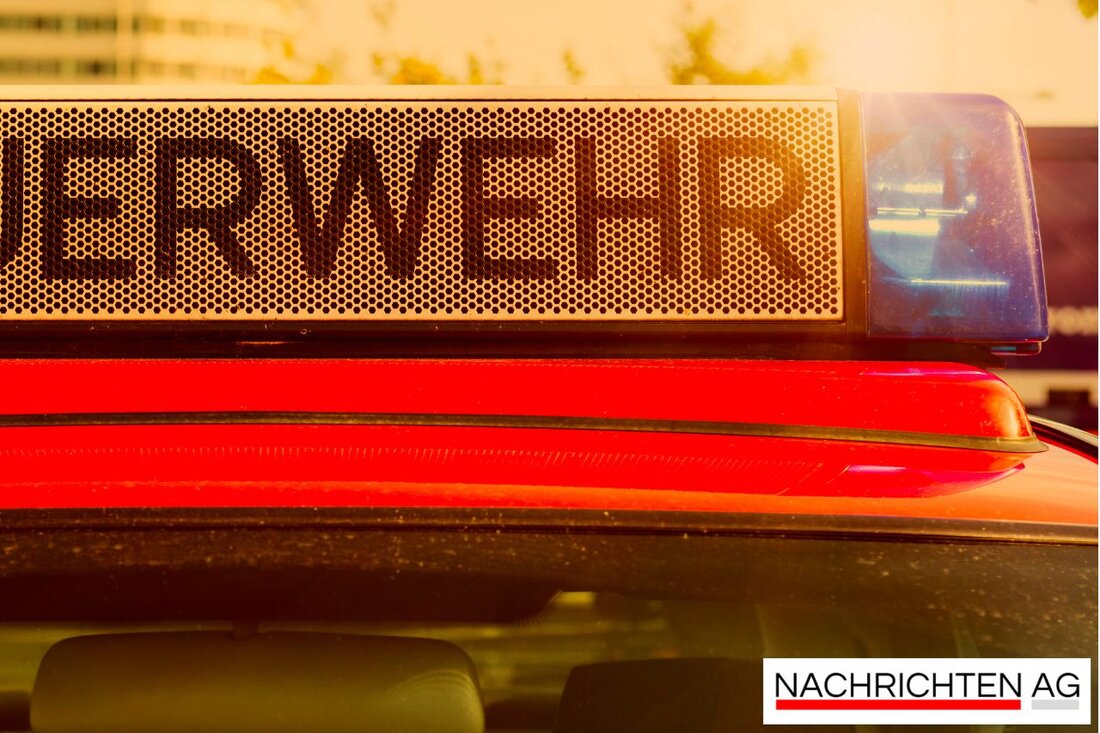Discussion about wind power polarizes Gadebusch: What's next?
On November 18, 2025, an NDR talk on the use of wind power in MV will take place in Gadebusch. Experts discuss citizen participation and protests.

Discussion about wind power polarizes Gadebusch: What's next?
There is a heated debate in Mecklenburg-Western Pomerania: Wind power, which is considered the most environmentally friendly and cheapest energy source, is causing considerable tension in the region. Especially in West Mecklenburg, where the conditions for wind power are optimal, there are both supporters and opponents of this technology.
On November 18, 2025, at 8 p.m., these passions will come together at the “NDR MV Talk on Site” in the hall of the volunteer fire department in Gadebusch. From 7:15 p.m., guests are welcome to discuss central questions about the use of wind power in the region. Important topics on the agenda at this event include: How much wind power can the region really tolerate? What changes in planning are necessary? And above all: What advantages can citizens derive from the use of wind power? NDR author Franziska Hänlein and editor Sebastian Giebel are responsible for moderation, and the discussion will also be broadcast live. The participants are prominent representatives from the region, such as the mayor of Bresegard near Picher, Marianne Röckseisen, and the technical director of WEMAG AG, Thomas Murche. On the other side are critical voices, such as Carsten Schmoldt from the citizens' initiative against wind turbines in Hohenkirchen and Hoikendorf, and Henning Remus from the State Office for the Environment and Nature Conservation West Mecklenburg.
Citizen participation in wind power projects
The discussion about wind power is also influenced by planned changes to the law regarding citizen and community participation in wind and solar parks in Mecklenburg-Western Pomerania. The aim of this initiative is for communities and residents near such green energy projects to benefit more. The new draft law stipulates that operators of wind and solar parks must pay the municipalities up to 0.8 cents per kilowatt hour. In the standard model, wind turbines could give 0.3 cents to the community and 0.3 cents to the residents.
In addition, for the first time in the new law, solar systems with an area of one hectare or more are also taken into account. This could mean an electricity credit of up to 540 euros annually for households. Municipalities are not powerless: they can negotiate the exact tax rate themselves with the operators.
Criticism and challenges
Despite the promising approaches, there are also critical voices. The regional association for renewable energies MV, represented by chairman Johann-Georg Jaeger, expresses concerns that the new regulations could be economically burdensome for the projects. He is in favor of exclusive participation by the municipalities at 0.3 cents per kilowatt hour. It remains to be seen how the draft law will continue after the association hearing and when exactly the changes will come into force.
The issue of wind power is more current than ever in Mecklenburg-Western Pomerania. But what does this mean for the local people? Is there an agreement between the different interests? The NDR MV Talk in Gadebusch will certainly clarify some questions and make you think. Further information on the Citizens and Community Participation Act can be found on the website of the Ministry of Economy, Infrastructure, Tourism and Labor in Mecklenburg-Western Pomerania, where important documents and assistance are also provided.
The citizens of Mecklenburg-Western Pomerania are at a crucial point: How much wind power do they want in their region? And what structures need to be created so that everyone involved benefits? One thing is clear: there is a lot to discuss and clarify - and everyone is invited to do so.

 Suche
Suche
 Mein Konto
Mein Konto